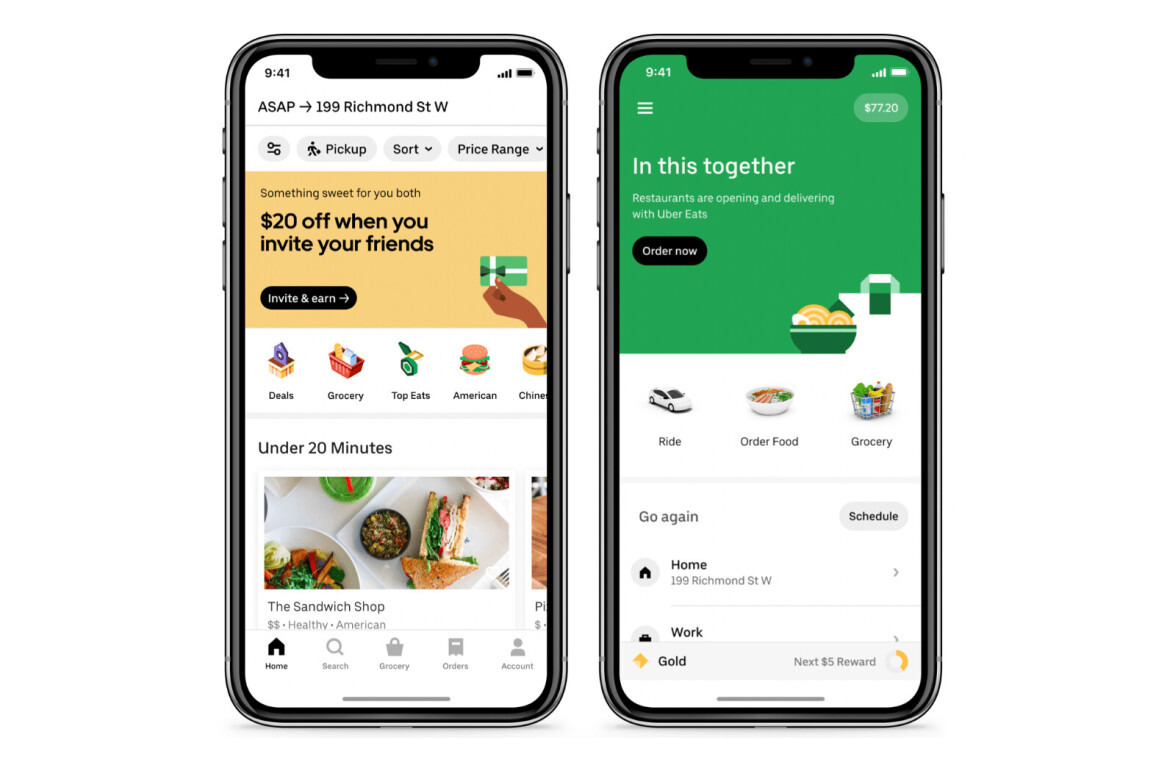In response to the Coronavirus crisis, the UK government announced that all retail outlets, except for those considered to provide essential goods and services, were to close with immediate effect. Online retail is, however, “still open and encouraged.”
So, does that mean we can click with a clear conscience?
Business academics Andrew Crane and Dirk Matten argue that a decision has an ethical dimension to it if it has a significant effect on others it is characterized by choice, and it is perceived as ethically relevant to one or more parties.
Most of us would likely agree that ordering essential items, such as food or medicine, is ethically acceptable. Especially if there is no alternative, as is currently the case for millions of people who have been deemed at high risk due to underlying health conditions, are self-isolating as the result symptoms of COVID-19, or are otherwise unable to shop in person.
But what about goods that are not absolutely necessary, such as clothing that is wanted but not needed, home decor, toys and games, garden furniture and accessories, beauty products or even, depending on your view on the matter, the humble Easter egg?
Read: [5 messaging tips to help brand marketers navigate the pitfalls of coronavirus]
Business concerns vs Consumer concerns

Retailers such as Marks and Spencer and John Lewis have come under fire for continuing to trade online during the Coronavirus crisis. Marks and Spencer defended its position by stating that “additional social distancing and hygiene measures, as well as financial support,” have been put in place for staff.
Unions, including the GMB and Usdaw, countered that the safety of workers is difficult, if not impossible, to guarantee at this time. Indeed, Rachel Reeves, chair of the UK parliament’s Treasury Committee, cautioned that “businesses will have to answer for how they treat their workers and suppliers.”
But what about consumers, do we have any moral responsibility in the matter?
It is easy to allow the ethical aspect of the decision to fade from view, particularly when the prospect of a much-wanted purchase arriving on our doorstep – perhaps punctuating an otherwise dull day – comes into play. However, applying Crane and Matten’s three criteria, we can see that ethics is something that we should arguably factor into our decision.
- Significant effect on others. If I purchase non-essentials online, I potentially endanger the health and wellbeing of warehouse staff and delivery drivers. If I don’t buy non-essentials online, I potentially risk their livelihoods.
- Characterized by choice. As the item is non-essential, I can defer the purchase, or perhaps abandon it altogether.
- Perceived as ethically relevant to one or more parties. Various stakeholders, including the government, retailers, and unions have all spoken up for and against maintaining online shopping.
So should we buy?
Ultimately, the decision as to whether to purchase non-essentials online rests with us (unless of course further government restrictions are introduced, thereby removing the element of “choice” from the equation completely). Therefore, we must weigh the arguments for and against, and reach our conclusion.
Those in favor of retailers continuing to sell non-essential items online put forward several pros, including that it provides some mitigation against the devastating financial consequences of being forced to close bricks and mortar stores, particularly for small businesses with limited financial reserves.
It is helping to secure existing jobs and, in some cases, create new ones. It also provides some measure of succor for customers during a time that many are finding challenging both physically and mentally.

Critics, however, respond that the health and safety of warehouse staff, delivery drivers and postal workers, among others within the supply chain, is being put at risk to turn a profit (or at least reduce a loss). Many companies have introduced contactless deliveries, however, concerns about conditions in warehouses remain. Also, as the situation progresses and more staff become ill or are forced to self-isolate, the burden on those still in work will likely increase.
So where does that leave us? Ethics is a field with no shortage of theories and frameworks, but in the current situation, the best guide may simply be your gut instinct. Does the thought of placing an order make you feel uneasy? Would you be reluctant to tell someone you made it? If so, perhaps the best option is to leave your shopping in the basket, at least for now.![]()
This article is republished from The Conversation by Laura Steele, Lecturer in Business and Society, Queen’s University Belfast under a Creative Commons license. Read the original article.
Get the TNW newsletter
Get the most important tech news in your inbox each week.





